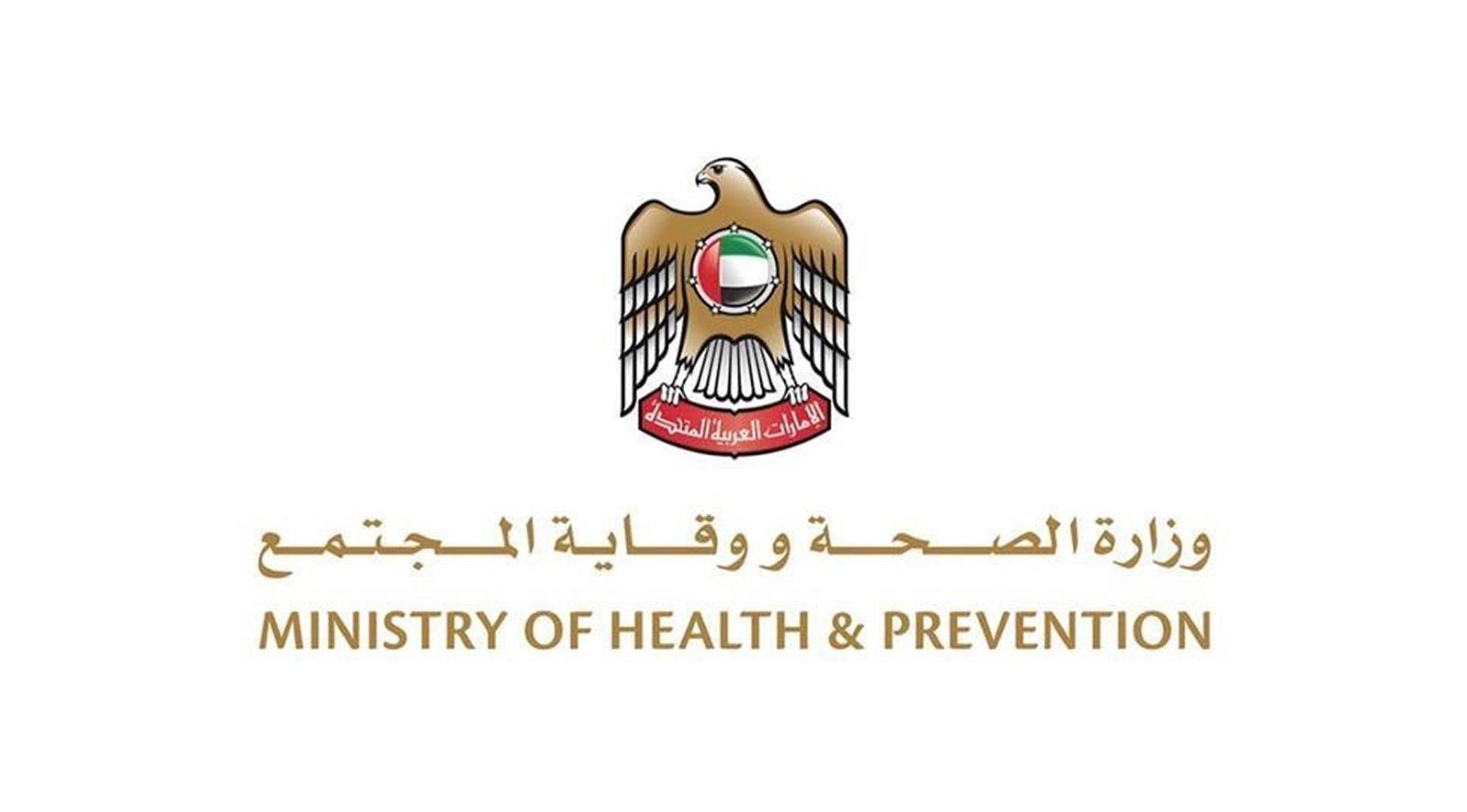The Ministry of Health and Prevention (MoHAP) has carried out a survey to understand the impact of the COVID-19 pandemic, distance learning, and social distancing on physical activity, quality of sleep, and food habits among school students in the country. The MoHAP has collaborated with the Ministry of Education (MoE) and Abu Dhabi Public Health Centre (ADPHC) to carry out the survey, which saw the participation of about 27,754 parents.
The survey also focused on the impact of the pandemic on the students of determination and the use of electronic devices amid the COVID-19 related restrictions.
According to the results of the survey, there was a reduction in physical activity among the students by 46 percent, particularly among those who were active before COVID-19. About 51.9 percent of parents revealed that there was a significant decrease in the orders for food delivery, while 19.7 percent of the parents indicated an increase in their food delivery orders. Meanwhile, 28.4 percent of the participants said that there was no change in food delivery orders.
A variation in the number of sleeping hours among students was also seen, while the use of electronic devices (for both educational or entertainment purposes) increases, as expected. The study showed that obesity has also increased due to a lack of physical activity along with a surge in the use of electronic devices among students. One of the most crucial outcomes of the study for the students of determination was the need for physiotherapy sessions to overcome the negative repercussions of the pandemic.
Dr. Hussein Abdul Rahman Al Rand, Assistant Under-Secretary for Centres and Health Clinics, underlined the implications of the study of the health future of the UAE and its significance in analyzing the impact of the lockdown restrictions and distance learning on the habits and daily routine of school students.
He explained that the study was based on statistical facts and smart analysis tools that helped in collecting data and information about the current health status in the country. He further noted that the study is aimed at updating the health database of school students in order to support the healthcare planning strategies by the authorities as well as improving the quality of healthcare services in the post-pandemic world. He also stated that a set of programs and initiatives will be prepared to institute appropriate solutions to the challenges imposed by the COVID-19 pandemic on the health of school students.
"Through the outcomes, several health indicators of the national agenda will be updated, especially obesity, physical activity, and healthy food among children,” Dr. Al Rand added.
Dr. Naglaa Sajwani, Head of the School Health Department, further explained that the study addressed five key areas in the process, including, the impact of the pandemic on the physical activity and food behavior of students; the impact of distance learning and home quarantine on sleeping patterns of students, time spent by students using electronic devices for both educational and recreational purposes, and pandemic repercussions on students of determination.
She further asserted that the most crucial recommendations of the study include the need for adopting healthy habits while staying home. These habits include healthy nutrition and exercise that can be performed inside or just around the home. At the same time, there is a need for educating the students about the proper way of using electronic devices in order to prevent their negative effects, such as obesity, back pain, and vision problems. The study also highlighted the importance of getting enough sleep and the need for conducting physiotherapy sessions for students of determination in order to mitigate the negative impact of the pandemic.
WAM
 AR
AR UR
UR
